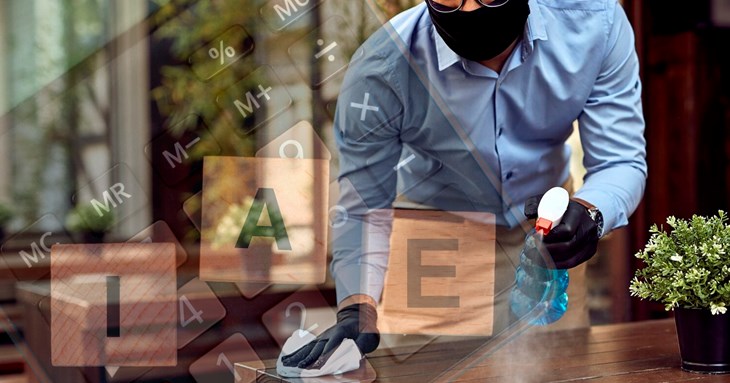Consequences of the State of Alarm in the IAE (Business Activity Tax)
12/07/2023
Consequences of the State of Alarm in the IAE (Business Activity Tax)
Flash informativos
The Supreme Court (SC) has recently published rulings with appeal number 1602/2022 and 2323/2022 where the Supreme Court (SC) has ruled on the effect on the Economic Activities Tax (IAE) of the hotel and catering companies that saw their activity limited during the Covid-19 health crisis, as a consequence of the limitations provided for in Royal Decree 463/2020.
In the cases analyzed, the aim was the recognition of a possible non-applicability of the tax since the economic activities could not be carried out by legal imperative. Against this interpretation, which it rejects, the High Court understands that a reduction of the IAE tax liability is applicable, based on the provisions of rule 14, paragraph 4, of Royal Legislative Decree 1175/1990, which approves the rates and the instruction of the Tax on Economic Activities, as it understands that the case of the paralysis of industry is applicable, where the possibility of applying the aforementioned proportional reduction of the tax liability for the time in which the activity could not have been carried out is included.
Although the SC makes direct reference to the possibility of applying the reduction of the quota to companies affected by Royal Decree 463/2020, which decreed the state of alarm and limited the activities of certain sectors, such as the hotel and catering industry, we cannot rule out future pronouncements indicating that these measures are applicable to all sectors that saw their activity limited by the health crisis of the coronavirus.
Finally, the Supreme Court has established case law in this regard, indicating the absence of obligation to prove the stoppage or closure of the company, or to inform the Administration of such closure or inactivity, since the reason for the cessation or stoppage lies in the legal imperative of the provisions of Royal Decree 463/2020. And in particular, with respect to hotel and catering activities, it establishes that the only proof is that of the non-existence of home delivery, since these services could continue to be provided during the period of the state of alarm.
The adoption of this criterion will be relevant for all similar proceedings in which the tax liability in these cases is questioned and has not yet been the subject of a ruling, without prejudice to the fact that, in the light of the same, the possible viability of proceeding to challenge the tax through the special review proceedings may be considered.
Access the complete Supreme Court ruling (STS 2291/2023):



